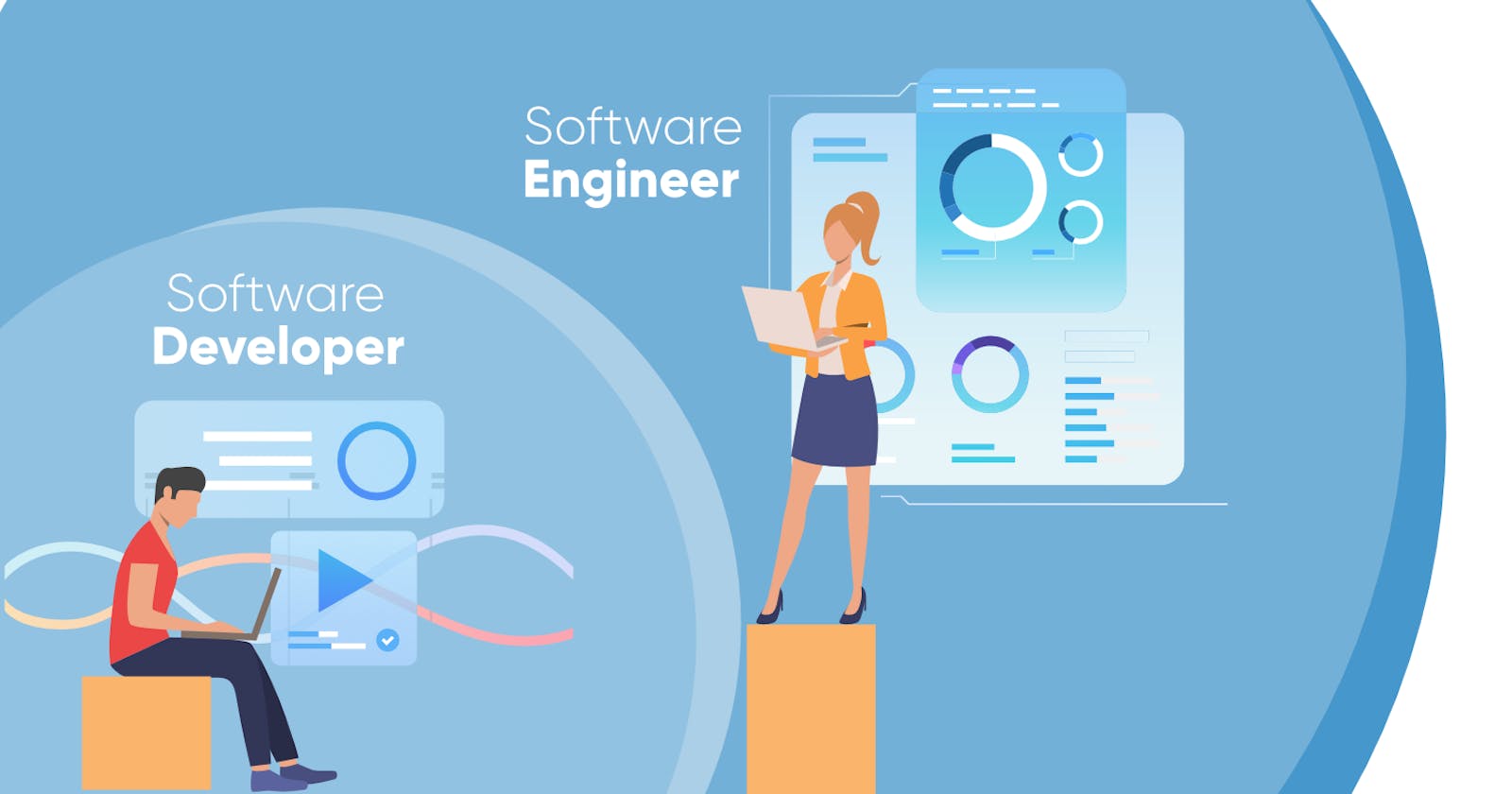Introduction: Artificial Intelligence (AI) has emerged as a transformative technology with the potential to revolutionize various industries, from healthcare and finance to manufacturing and transportation. Behind the advancements in AI lie the efforts of software developers and software engineers who play pivotal roles in developing, implementing, and optimizing AI solutions. In this article, we will explore the indispensable contributions of software developers and software engineers in the field of AI, examining their roles, responsibilities, and impact on driving innovation and progress in this rapidly evolving domain.
Understanding the Roles of Software Developers and Software Engineers in AI
Software Developers: Software developers are responsible for writing, testing, and maintaining code to create AI-powered applications and systems. Their primary focus is on implementing algorithms, data processing pipelines, and machine learning models to solve specific problems and achieve desired outcomes. Here are some key aspects of the role of software developers in AI:
Algorithm Implementation:
Software developers implement algorithms and models using programming languages such as Python, Java, or C++.
They leverage libraries and frameworks such as TensorFlow, PyTorch, or scikit-learn to develop and deploy machine learning models for tasks such as image recognition, natural language processing, and predictive analytics.
Data Preprocessing and Feature Engineering:
Software developers are responsible for preprocessing and preparing data for training machine learning models.
They perform tasks such as data cleaning, normalization, and feature engineering to extract relevant information and improve the performance of AI systems.
Model Evaluation and Optimization:
Software developers evaluate the performance of machine learning models using metrics such as accuracy, precision, recall, and F1-score.
They optimize models by fine-tuning hyperparameters, experimenting with different architectures, and implementing techniques such as regularization and ensemble learning to improve model performance.
Software Engineers: Software engineers play a crucial role in the design, architecture, and implementation of AI systems. They focus on building scalable, robust, and efficient infrastructure to support AI applications and ensure their seamless integration into existing software ecosystems. Here are some key aspects of the role of software engineers in AI:
System Architecture and Design:
Software engineers design the architecture of AI systems, including data pipelines, model serving infrastructure, and distributed computing frameworks.
They design scalable and reliable systems that can handle large volumes of data, support real-time inference, and adapt to changing requirements.
Infrastructure Development:
Software engineers develop infrastructure components such as data ingestion pipelines, model training platforms, and deployment environments for AI applications.
They leverage cloud services, containerization technologies, and orchestration frameworks to build scalable and cost-effective AI infrastructure.
Performance Optimization and Scalability:
Software engineers optimize the performance of AI systems by improving resource utilization, reducing latency, and optimizing algorithms for efficiency.
They design systems that can scale horizontally or vertically to handle increasing workloads and accommodate growing data volumes.
Collaboration and Interdisciplinary Approach
Innovation in AI often requires collaboration between software developers, software engineers, data scientists, domain experts, and other stakeholders. Cross-functional teams work together to define problem statements, collect and preprocess data, develop and train machine learning models, and deploy and monitor AI applications. By fostering collaboration and adopting an interdisciplinary approach, organizations can leverage the diverse expertise of team members to drive innovation and achieve breakthroughs in AI.
Ethical Considerations and Responsible AI Development
As AI technology continues to advance, it is essential to address ethical considerations and ensure responsible AI development practices. Software developers and software engineers have a responsibility to develop AI systems that are fair, transparent, and accountable. They must adhere to ethical principles such as privacy, fairness, and accountability and incorporate mechanisms for bias detection and mitigation into AI systems. By prioritizing ethics and responsible AI development, organizations can build trust with users, mitigate risks, and promote the responsible use of AI technology.
Conclusion
In conclusion, software developers and software engineers play indispensable roles in driving innovation and progress in AI. From developing algorithms and models to designing and building scalable infrastructure, their contributions are instrumental in advancing the capabilities and applications of AI technology. By collaborating effectively, adopting interdisciplinary approaches, and prioritizing ethical considerations, software developers and software engineers can harness the power of AI to solve complex problems, improve decision-making, and create positive impact across various industries. As AI continues to evolve, their expertise and ingenuity will remain essential in shaping the future of AI-driven innovation and transformation.

